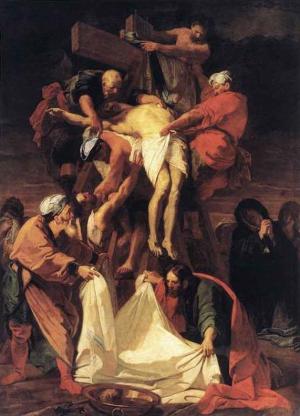| Author: | Leopold Ritter von Sacher-Masoch | ISBN: | 9781465603395 |
| Publisher: | Library of Alexandria | Publication: | March 8, 2015 |
| Imprint: | Language: | English |
| Author: | Leopold Ritter von Sacher-Masoch |
| ISBN: | 9781465603395 |
| Publisher: | Library of Alexandria |
| Publication: | March 8, 2015 |
| Imprint: | |
| Language: | English |
Looking abroad from the table-land of Esced, over the Hungarian plain that stretches from the foot of Mount Matra to Szolnok, and finally merges into the horizon where the silver thread of the Theiss winds its way, the eye is attracted by a smiling section of country whose vineyards and cornfields gleam brightly in the sun. This fair spot is neither a park nor grove nor pleasant woodland, but the imposing village of Hort, its pretty white houses half concealed by a wealth of trees and shrubbery. In this village lived a Jewish bookbinder, Simcha Kalimann, a wit and bel esprit, the oracle of the entire province, the living chronicle of his times and people. Reviewing in reverie the procession of events in his own life, Kalimann could see, as in a mirror, the phases through which his co-religionists in Hungary had passed in their efforts toward liberty. He had lived during that dark period when the Jew dared claim no rights among his fellow-countrymen. He had suffered evil, he had endured disgrace, and the storehouse of his memory held many a tragi-comic picture of the days that were no more. But he had also lived in times when the spirit of tolerance took possession of men’s minds, and he had been swept along on that tidal movement inaugurated by Count Szechenyi, the greatest of Hungarians, through his celebrated book, “Light.” The revolution of 1848 brought about the new Hungarian Constitution, and put an end to feudal government. Light penetrated into the darksome streets of the Ghetto, and through the windows opened to receive the Messiah, a saviour entered proclaiming liberty and equality to the downtrodden and oppressed.
Looking abroad from the table-land of Esced, over the Hungarian plain that stretches from the foot of Mount Matra to Szolnok, and finally merges into the horizon where the silver thread of the Theiss winds its way, the eye is attracted by a smiling section of country whose vineyards and cornfields gleam brightly in the sun. This fair spot is neither a park nor grove nor pleasant woodland, but the imposing village of Hort, its pretty white houses half concealed by a wealth of trees and shrubbery. In this village lived a Jewish bookbinder, Simcha Kalimann, a wit and bel esprit, the oracle of the entire province, the living chronicle of his times and people. Reviewing in reverie the procession of events in his own life, Kalimann could see, as in a mirror, the phases through which his co-religionists in Hungary had passed in their efforts toward liberty. He had lived during that dark period when the Jew dared claim no rights among his fellow-countrymen. He had suffered evil, he had endured disgrace, and the storehouse of his memory held many a tragi-comic picture of the days that were no more. But he had also lived in times when the spirit of tolerance took possession of men’s minds, and he had been swept along on that tidal movement inaugurated by Count Szechenyi, the greatest of Hungarians, through his celebrated book, “Light.” The revolution of 1848 brought about the new Hungarian Constitution, and put an end to feudal government. Light penetrated into the darksome streets of the Ghetto, and through the windows opened to receive the Messiah, a saviour entered proclaiming liberty and equality to the downtrodden and oppressed.















